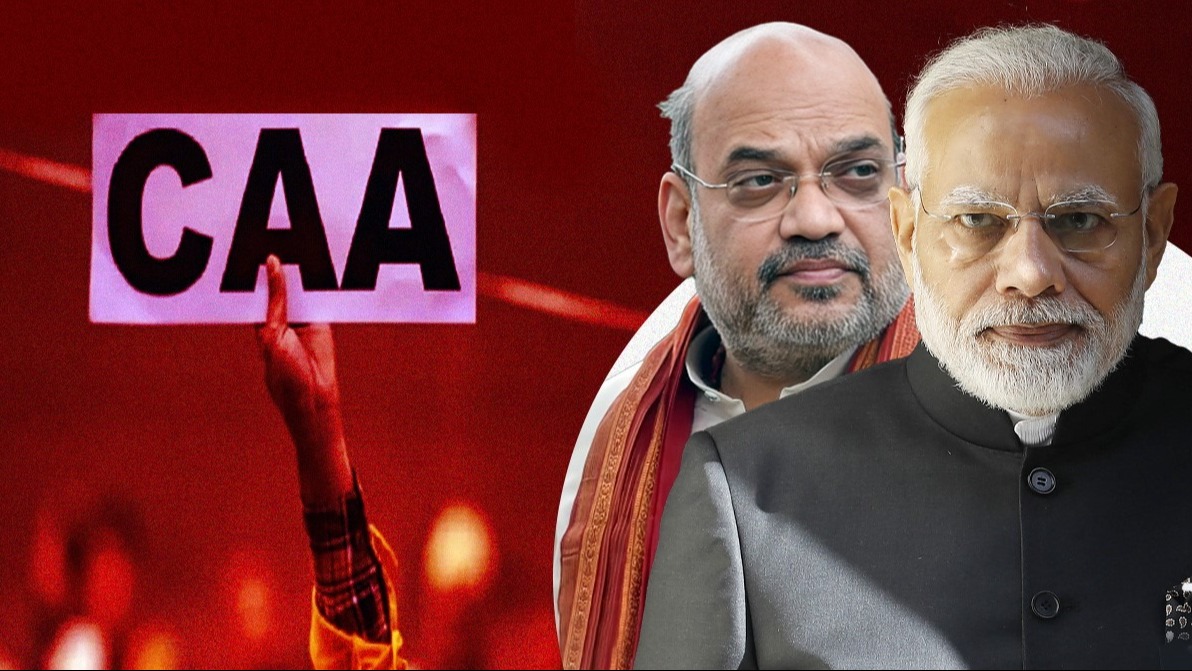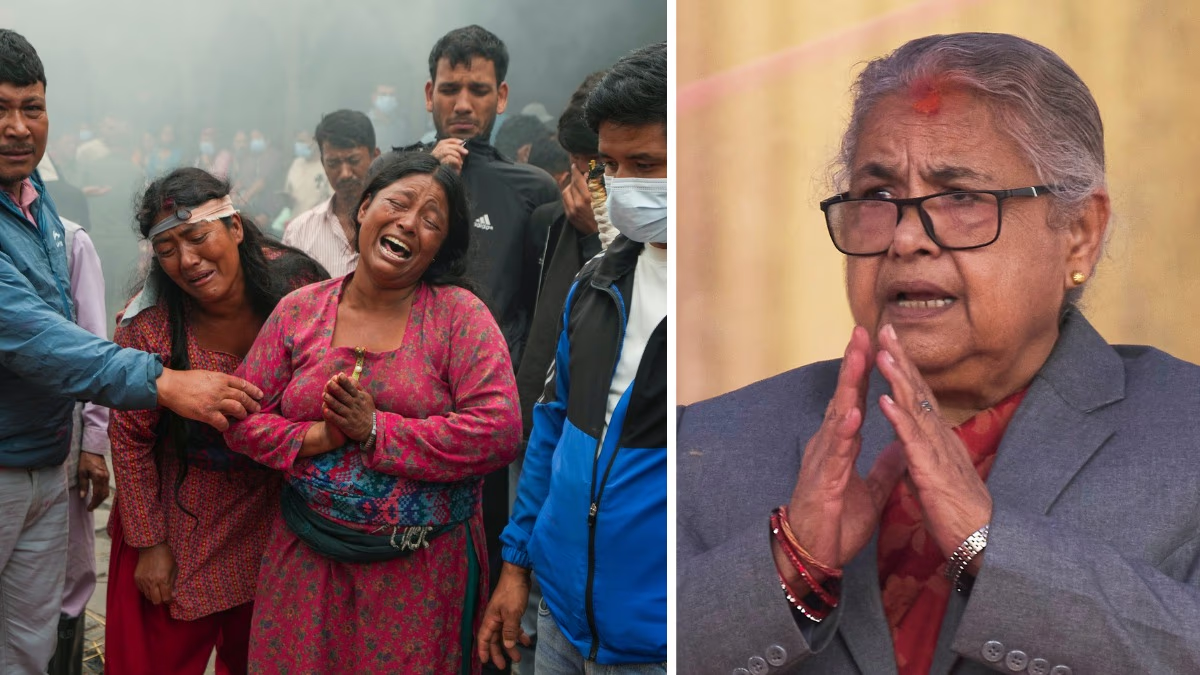The Citizenship Amendment Act, recognized as the CAA, has always been a contentious issue for the Modi government. Home Minister Amit Shah repeatedly claimed that the citizenship amendment law will be enforced before the Lok Sabha elections, and today, suddenly, the government issued a notification and implemented it. According to the government, the entire process will be online, including a dedicated online portal. Applicants must specify the year they entered India without documents.
With the implementation of the CAA, the pressing question is: What exactly is the CAA, and what major changes will it bring? Under the CAA, Hindus, Sikhs, Jains, Christians, Buddhists, and Parsis from Afghanistan, Bangladesh, and Pakistan will be granted citizenship. Muslims have been excluded from this provision, which has led to protests in various places. However, the government has insisted that there is no discrimination in the CAA.
CAA Notification Released
The Intense Opposition in Northeast
Last time, the CAA sparked widespread protests across the country, especially in the seven states of the Northeast. Protesters believe that granting citizenship to minorities from Bangladesh will divide the resources of their states.
CAA to Not Apply in Certain Northeastern Areas
Following public outrage, the government announced that the law would not apply in certain regions of Meghalaya, Assam, Arunachal, and Manipur.
The CAA provides exemptions under 'Inner Line System' among other categories, and will not be applicable in tribal areas of Assam, Meghalaya, Mizoram, and Tripura as included under the Sixth Schedule of the Constitution, and areas under the Inner Line Permit (ILP) system.
The Concerns of Muslims
Opposition critics claim that the law targets the Muslim community, who can be declared illegal while others may gain a place even without valid documents. The biggest issue with the opposition to the CAA is that the law is seen as anti-Muslim. The question remains, why is citizenship being granted on the basis of religion and not including Muslims? The government argues that Pakistan, Bangladesh, and Afghanistan are Islamic nations where non-Muslims have been persecuted on religious grounds, which is the rationale behind including only non-Muslims.
The Previous Concerns of the Northeastern People
In Meghalaya, tribal communities like the Garo and Jaintia are indigenous, but have fallen behind after the arrival of minorities. In Tripura, the native Borok community is outnumbered by Bengali refugees. There's a fear that with the implementation of the CAA, the remaining influence of the natives will wane as the newly settled minorities take over their resources. This fear has driven the Northeast to strongly oppose the CAA.
Why Did Northeast Become a Stronghold for Minorities from Bengal?
Large numbers of Bengali speakers lived in the eastern part of Pakistan who faced violence. As a result, Bangladesh was formed after a war. However, even in Bangladesh, Hindus still faced persecution, leading many to flee to India. The Northeast, bordering Bangladesh, became a preferred resettlement area due to its cultural similarities and geographical proximity.




